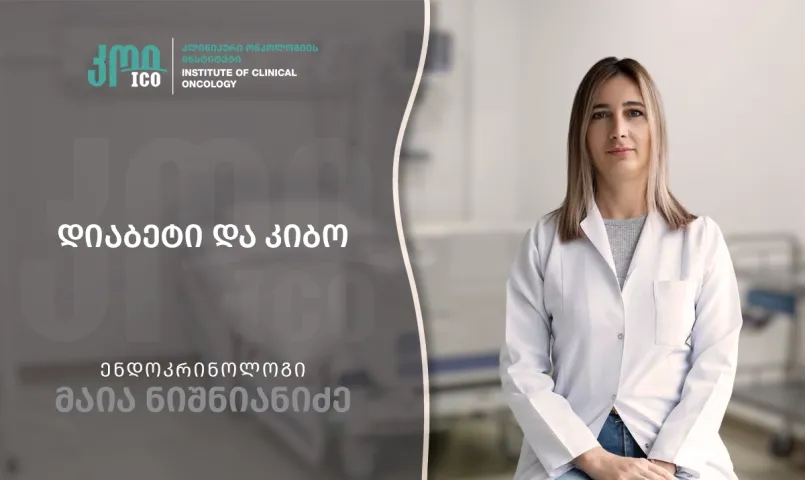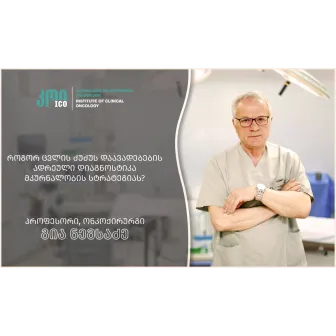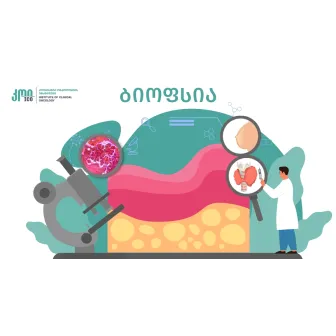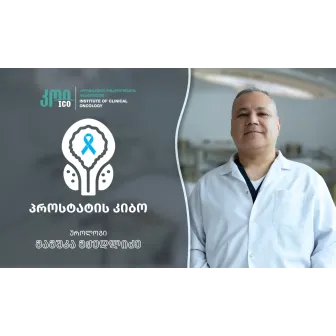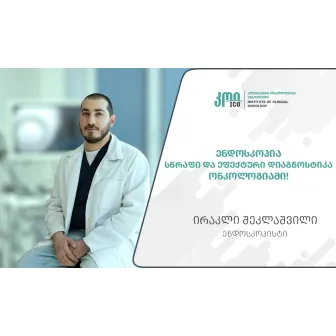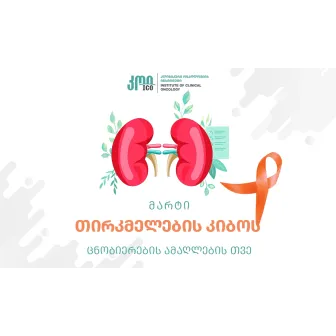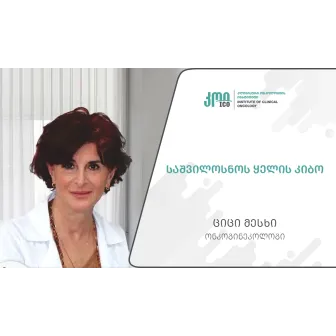Article author: endocrinologist – Maia Nishnianidze
Diabetes and cancer are widespread diseases in the world, and the number of patients with both pathologies constantly increases. The simultaneous management of a malignant tumor and diabetes mellitus is a difficult and complex process, which is determined by the multifaceted etiopathogenesis of the diseases and the fact that the experience of their simultaneous management on an international scale is still small.
Malignant tumor diagnose causes significant emotional stress and increased attention to the disease in diabetic patients, which may temporarily overshadow the management of diabetes and worsen its control. It is worth noting that drugs used to treat one disease often negatively affect the effectiveness of the treatment of the second pathology. Over the years, this issue has become increasingly relevant, since improving the life expectancy and quality of life of patients depends on the effective management of this problem.
The increasing prevalence of diabetes and cancer is leading to an increase in the number of people with these diagnoses simultaneously. Both diabetes and cancer are multifactorial diseases, and their combination creates a severe clinical picture, requiring a complex approach.
It is known that approximately 30-40% of patients with malignant tumors already have diabetes or develop prediabetes or new-onset diabetes as a result of corticosteroid therapy. Studies have also shown that people with diabetes have a higher risk of developing malignant tumors, especially liver, breast, pancreatic, colon, lung, and endometrial cancer. This risk increases even more if the patient is a smoker - in this case, life expectancy may be reduced by several years.
The simultaneous management of both diseases requires an individually tailored and coordinated approach. It is necessary to agree on treatment regimens and select drugs that minimally affect blood glucose levels and do not worsen the patient's condition. It is also crucial to control nutrition, physical activity, emotional state, and concomitant chronic diseases. Only in this way is it possible to maintain the patient's quality of life and improve the prognosis.
- Views:6548




